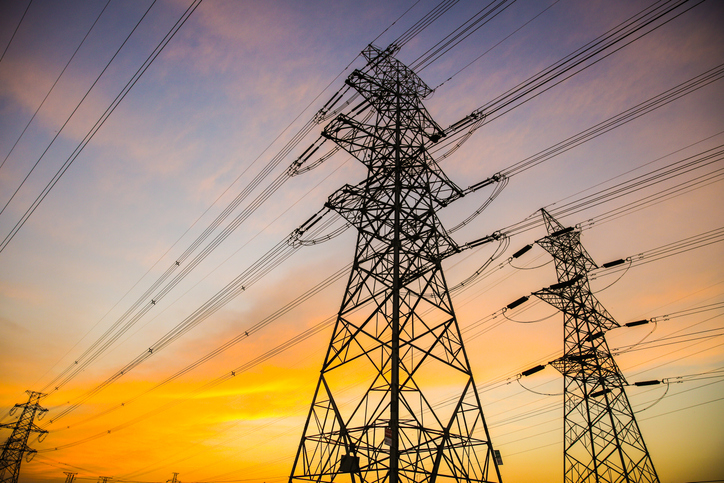ii view: SSE confident for the full year
Electricity company SSE re-iterates its dividend policy, but what should investors consider?
18th July 2019 09:15
by Keith Bowman from interactive investor
Electricity company SSE re-iterates its dividend policy, but what should investors consider?

First-quarter trading update
- Trading in line with previous guidance
- Repeats promise for 80p per share annual dividend
Chief executive Alistair Phillips-Davies said:
"The early months of our financial year have brought some short-term challenges and some encouraging longer-term developments, but the key months of our financial year lie ahead. I am confident we will make good progress in delivering against our strategic priorities, including the five-year dividend plan out to 2023."
ii round-up:
SSE (LSE:SSE), formerly listed as Scottish & Southern Energy, is a familiar brand name. It supplies electricity and gas to over 7 million household and business accounts under its brands: SSE, SSE Scottish Hydro, SSE Southern Electric and SSE SWALEC across the UK.
Utility companies have historically proved attractive to income seeking investors.
However, regulatory pressures have been building, with the sector as a whole suffering both a backlash from wage-squeezed consumers and increased political party attention.
As such, the battle in recent years between pleasing shareholders, customers and the regulator has become ever harder.
In May 2018, SSE announced a rebasing of its dividend payment. The total full-year payment was reduced from 97.5 pence to 80p per share. For its part, SSE has been investing in infrastructure - £1.42 billion for the year to 31 March 2019.
Its first-quarter trading update pointed to unchanged expectations for the current financial year, despite suffering lower than forecast renewable energy output. Management is also on track to recommend the promised full-year dividend, in line with the five-year dividend plan set out in May last year.
ii view:
The hard decision for management to cut and rebase the dividend has been made. Hopefully, a better balance between customer needs, group finances, infrastructure investment and shareholder returns has been struck.
For investors now, that 80p a share dividend still equates to a yield of over 6.5%. Not bad, we believe, in this era of ultra-low interest rates. But, as always with above-average returns, there are risks. Politics and the possibility of a Jeremy Corbyn-led Labour government renationalising utility companies at unknown prices heads the list.
Positives
- Trading outlook for current year unchanged
- Dividend yield of over 6.5%
Negatives
- Lower than forecast renewable energy output
- UK political landscape creates uncertainty
The average rating of stock market analysts:
Weak buy
These articles are provided for information purposes only. Occasionally, an opinion about whether to buy or sell a specific investment may be provided by third parties. The content is not intended to be a personal recommendation to buy or sell any financial instrument or product, or to adopt any investment strategy as it is not provided based on an assessment of your investing knowledge and experience, your financial situation or your investment objectives. The value of your investments, and the income derived from them, may go down as well as up. You may not get back all the money that you invest. The investments referred to in this article may not be suitable for all investors, and if in doubt, an investor should seek advice from a qualified investment adviser.
Full performance can be found on the company or index summary page on the interactive investor website. Simply click on the company's or index name highlighted in the article.